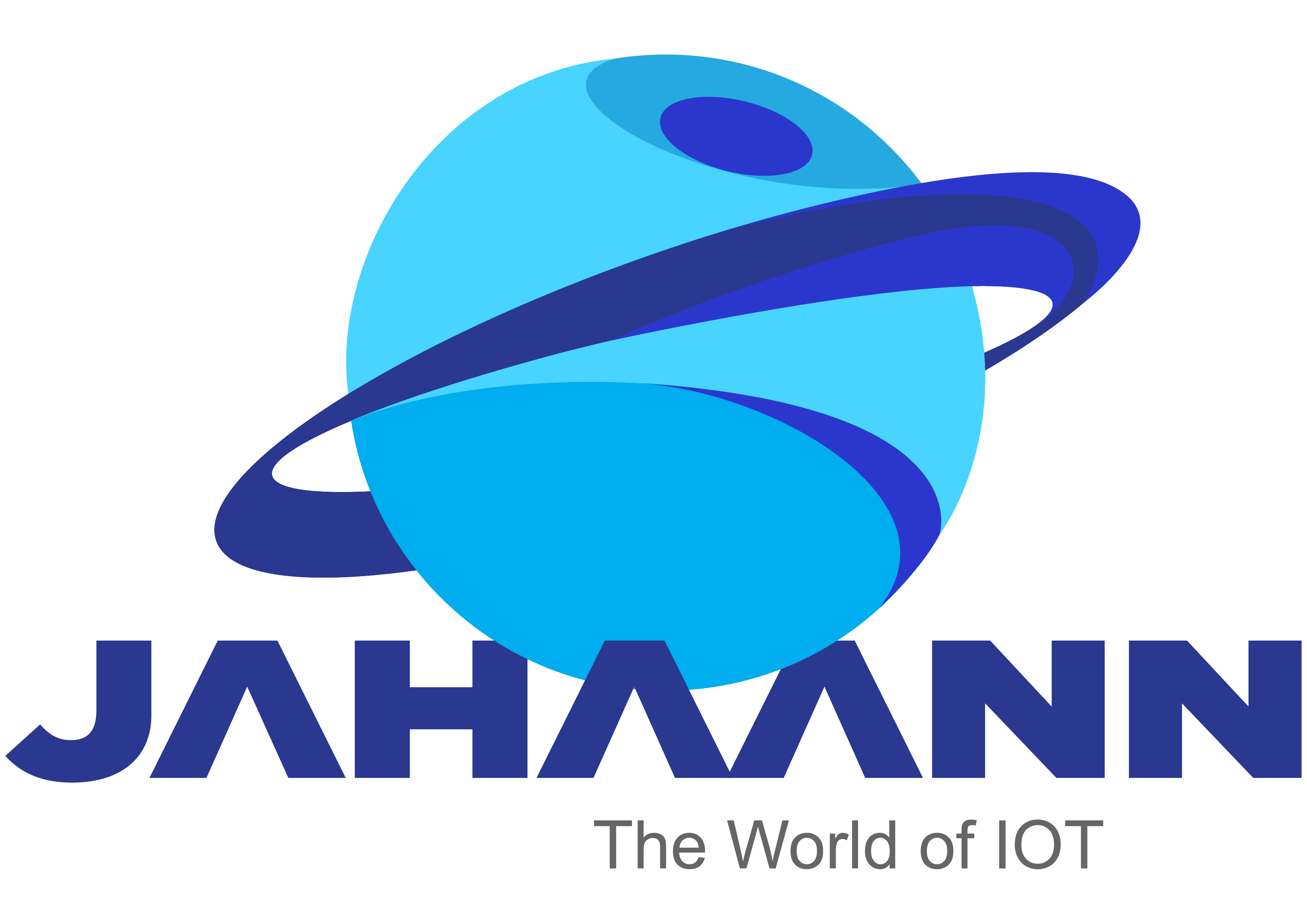INDUSTRY DIGITALIZATION WITH JAHAANN
PLC programming is the process of creating and maintaining program code for programmable logic controllers (PLCs). PLCs are specialized computers that are designed to control industrial processes, such as those in manufacturing plants, power plants, and other industrial facilities. PLC programming is used to create the code that controls the PLC and allows it to interact with other systems, such as sensors and actuators, to monitor and control the process.

Our PLC Programming services include the following:
- Selection and Configuration of the system
We start by building your hardware profile and then work on the logical process and make programs accordingly into our programming software. Selection and Configuration of the processor, communication modules, and all I/O modules are necessary for the system to perform as designed
- Defining Inputs and Outputs I/O’s
Once the program includes all necessary hardware, we must program in scaling for all I/O modules so that each device communicating to the system is doing so with the appropriate units. We have experienced professionals who can accurately depict and utilize the necessary inputs and outputs of each device.
- Manual Mode Device Programming
Jahaann uses specially created Add-On-Instruction (AOI)s to program manual control of every output device in the system, ensuring flawless control of every different type of device. Customers benefit from the HMI graphics and pop-ups having a tidy appearance and feel, which allows operators flexibility and consistency while carrying out maintenance or troubleshooting on a particular device.
- System Alarm and Status Programming
Jahaann incorporates thorough device alarms and feedback on every output device to ensure it operates properly. Additionally, we draw on our extensive experience to walk you through each stage of the procedure while precisely reporting system status and alarm events essential to the process.
Transform Your Plant Operations with Our Jahaann Services
Frequently Asked Questions
FAQs about Jahaann
What is PLC programming?
PLC programming is the process of writing instructions for a programmable logic controller (PLC) to execute. PLCs are used to control a wide variety of industrial and commercial processes, such as manufacturing, robotics, and HVAC systems. PLC programming languages are typically ladder logic or structured text, and they are used to define the logic of the PLC program. The PLC program is then uploaded to the PLC, where it is executed by the PLC’s CPU.
What are the benefits of PLC programming?
- Improved process control: PLCs can provide precise and reliable control of industrial and commercial processes.
- Increased efficiency: PLCs can automate many tasks that would otherwise be performed manually, which can save time and money.
- Reduced costs: PLCs can help to reduce maintenance costs by preventing breakdowns and malfunctions.
- Improved safety: PLCs can be used to implement safety interlocks and other safety features that can protect workers and equipment.
What are the different types of PLC programming languages?
- Ladder logic: Ladder logic is a graphical programming language that is based on the wiring diagrams used in electrical circuits. It is a relatively easy language to learn, and it is well-suited for simple control applications.
- Structured text: Structured text is a textual programming language that is similar to C or Pascal. It is a more powerful language than ladder logic, and it is well-suited for more complex control applications.
What are some common PLC programming applications?
- Manufacturing: PLCs are used to control a wide variety of manufacturing processes, such as assembly, machining, and packaging.
- Robotics: PLCs are used to control robots in a variety of applications, such as welding, painting, and assembly.
- HVAC systems: PLCs are used to control the heating, ventilation, and air conditioning systems in buildings.
Water and wastewater treatment: PLCs are used to control the processes involved in water and wastewater treatment. - Oil and gas: PLCs are used to control the processes involved in oil and gas exploration, production, and transportation.
